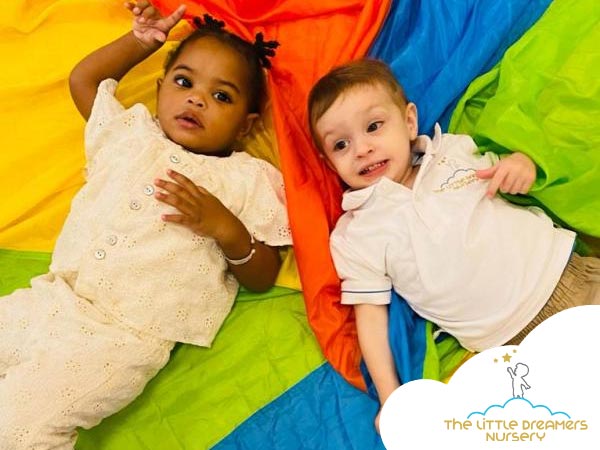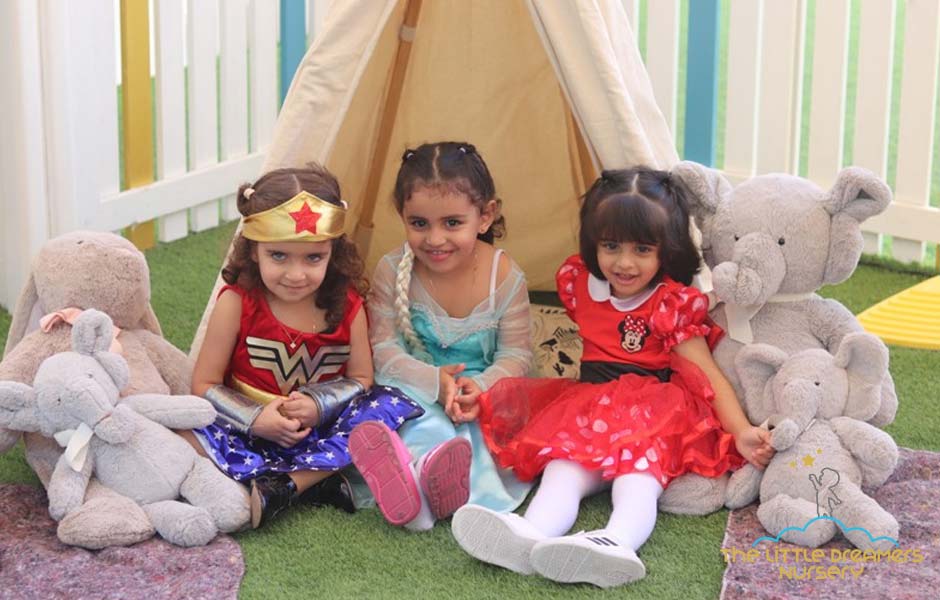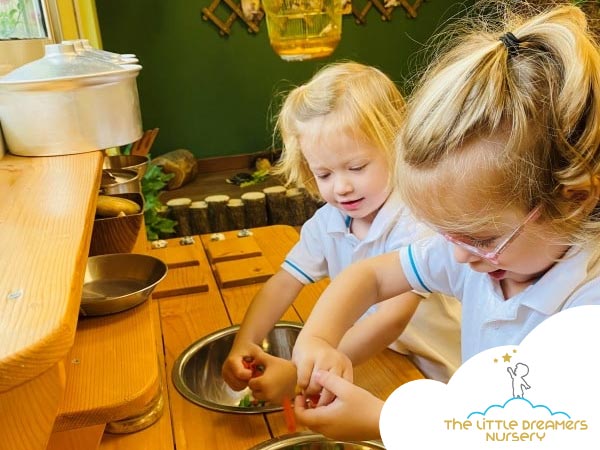What is inclusion in early childhood education?
As part of inclusion in early childhood, children with disabilities are educated and cared for in the same environment as their typically developing peers. The daily activities and routines of children with and without disabilities are the same in an inclusive program.
Children with disabilities are more likely to be successful in regular early childhood inclusion settings with appropriate supports, accommodations, and modifications as a result of participating with their peers who are not disabled.
What are examples of inclusion?
All learning styles and abilities are welcome in an inclusive classroom. Such a classroom could include gifted students, auditory learners, visual learners, students with disabilities like ADHD, students in wheelchairs, and students with executive function issues.
Children and their families are involved in and contribute to their communities in a variety of ways
The goal of every parent is for their children to be accepted by their peers, have friends, and lead “normal” lives with their family and friends in their community. This may mean attending the same preschool as other siblings or attending the birthday party of a best friend for a young child with a disability. Parents hope that teachers, friends, and neighbours will see beyond a young child’s disability and see what they see. Children with disabilities and their families can realize this vision through inclusive early childhood settings.
Additionally, children are better prepared for school and achieve higher grades when their families participate actively in their learning. All young children, regardless of ethnicity or socioeconomic background, benefit from increased parental involvement in preschool programs through improved academic motivation and stronger social and emotional skills.
To visit our nursery in Jumeirah, you can book a tour now!
Why is inclusion important in early years?
It is essential to develop the ability to understand oneself and others in childhood.
In his high school salutatorian speech, a young man with autism thanks his family, friends, and teachers for their support during his childhood.
A child who participates in a community-based early childhood program learns the following:
- A sense of belonging to a community
- Helping others is a rewarding experience

Developing self-esteem
The ability to respect the differences and contributions of others helps young children develop self-esteem. One friend knows all the words to popular songs, another runs very fast, and a classmate can read books already. It is important for young children to recognize their own abilities by appreciating the accomplishments of their peers.
Register now>>> our nursery winter camp in Dubai 2024
Children with or without disabilities can learn altruistic behavior and accept differences by being a helper or role model
In addition to providing numerous opportunities for children to find similarities, inclusive early childhood settings allow them to form bonds with one another. They offer a chance to observe and accept that people are all different, yet our differences also make us unique and special. Children who learn to appreciate diversity in their everyday interactions with family members, peers, public schools, and early care and education providers will also be able to appreciate similarities and differences among people in the “outside” world.
Don’t miss this article: Best Understanding the World Activities for 2-5-Year-Olds Kids
All children develop friendships in and out of school, and friendships are associated with academic achievement and developmental outcomes
Friendships are more likely to flourish when a child has a strong sense of social competence. In early elementary grades, social skills are essential for forming and maintaining school friendships, which are related to academic achievement. A person’s social competence is also a predictor of their mental health and well-being in the future.
Through friendships, children with and without disabilities learn important lessons:
- The ability to cope with challenges,
- Explore other avenues for success,
- The ability to communicate and interact socially.
The learning process is facilitated for all children with the help of specialized instruction when necessary
An educational coordinator can describe how special educators benefit all children in her classroom.
All young children develop readiness skills for reading, writing, and mathematics in inclusive early childhood settings. Each child learns in an environment that is nurturing, incorporating the principles of universal design for learning that support each child’s learning style and pace. Team members can learn together when they plan, support, and commit together on a regular basis.
It is not sufficient to place children with disabilities in the same environment as typical peers to achieve positive outcomes.
As part of inclusion in early childhood, a range of approaches are used in a variety of settings to scaffold learning and participation based on the individual needs and priorities of young children and families. These approaches range from embedded, routine-based teaching to explicit interventions.
Parents, early childhood and education personnel, early intervention, special education, related service providers, and administrators should have access to professional development. opportunities and support to acquire the knowledge, skills, and attitudes needed to implement inclusive practices effectively. Furthermore, a special intervention must be incorporated into specific children’s daily activities and children’s education curriculum when necessary.
To visit our nursery in Dubai, you can book a tour now!










